Investing in the universal source of truth for global supply chain data: Blackhorn Ventures leads Isometric Technologies Series A
Blackhorn Ventures is proud to announce our latest investment in business intelligence platform Isometric Technologies, inc. (ISO), with participation from Maersk Growth and existing investors including Kindred Ventures and L37 Ventures.
With this investment, Blackhorn further deepens our commitment to companies making groundbreaking developments in supply chain optimization and efficiency. We believe ISO will become the industry standard for how performance is evaluated across the supply chain, and will do what FICO credit scores did to the lending industry.

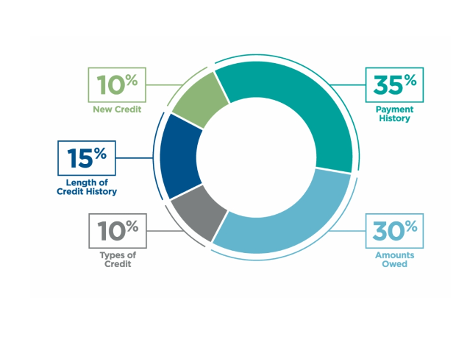
ISO allows shippers to measure the monetary impact of service across their transportation network, and enables carriers to showcase their performance to shippers in a way they would never dream possible. Similar to how Google changed the way that web packets move around the internet, automation and data collaboration can do the same for supply chains. But not unless you know what exactly happened across the lifecycle of an order/shipment, the root-cause and responsible party of service failures, and its monetary impact. With this funding, ISO is building the foundation for that future, while eliminating waste across supply chains, lowering costs by matching service with freight needs, and reducing emissions by optimizing carrier-lane selection and helping shippers optimize warehouse operations.
The Problem
While COVID revealed the fragility of our modern supply chain system, the reality is that for far too long retailers, shippers, and carriers have all operated on separated, siloed systems of record, making it challenging to reconcile data and arrive at a source of truth. Flawed data results in billions of lost dollars from unjustified chargebacks and poor procurement decisions.
Transportation spend accounts for ~10% of a shipper’s COGS. On average, ~80% of that transportation is contracted through RFPs on an annual basis. To make the problem even worse, procurement leaders do not have a reliable way to source new capacity; there is no verified source of service data available to evaluate over 500,000 carriers in the US.
Ultimately, transportation planners are left making costly decisions based on inconsistent and unreliable data, without the information needed to be efficient and effective. Service data is the missing link in harmonizing how supply chains are orchestrated. Supply chain leaders need a neutral, third-party source of truth to collaborate on datasets with their business partners. Enter Isometric Technologies.

(Image courtesy of Blackhorn Ventures)
The Solution
ISOʼs cleaned and contextualized datasets are powering the next generation of procurement tools and fueling performance optimization for carriers and retailers.
ISO surfaces cost-savings opportunities and streamlines the data reconciliation process between manufacturers, transportation providers, and other third party stakeholders in the supply chain, acting as a single source of truth to measure the hidden costs of performance. By associating costs from chargebacks and service level failures to the responsible parties, ISO surfaces actionable insights that help optimize complex business relationships and identify negative trends in the supply chain.
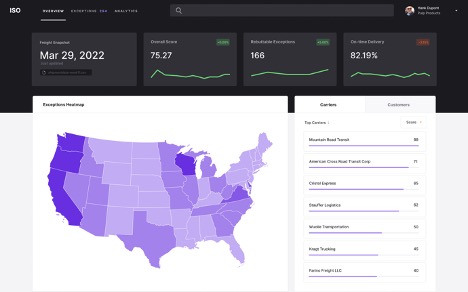
(image courtesy of Isometric Technologies)
The Market Opportunity
With over 500,000 carriers in the US alone, and billions of dollars in service-related penalties at stake each year, service is more important now than ever. Given the supply chain disruptions throughout 2021 and 2022, the true cost of delays and breakdowns in the US and EU may exceed $4 trillion, according to the Economist Intelligence Unit. In addition to this newfound realization of how important supply chain integrity is, corporations are also gaining a greater understanding of how the influx of large amounts of data needs to be harnessed and systematized to improve the speed, cost efficiency and resiliency of business operations.
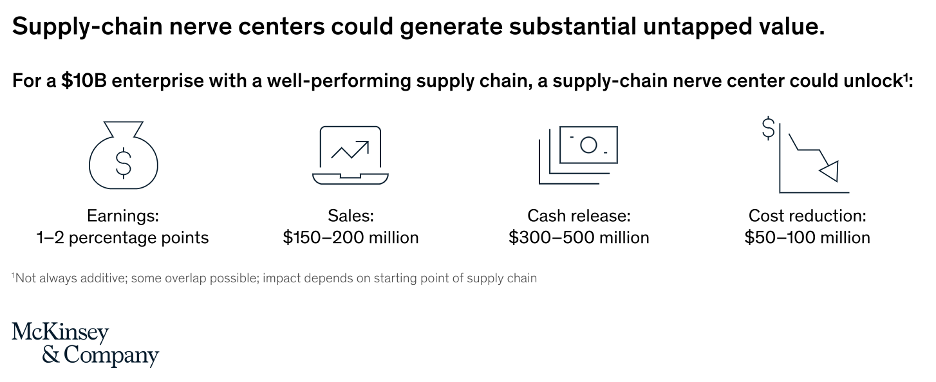
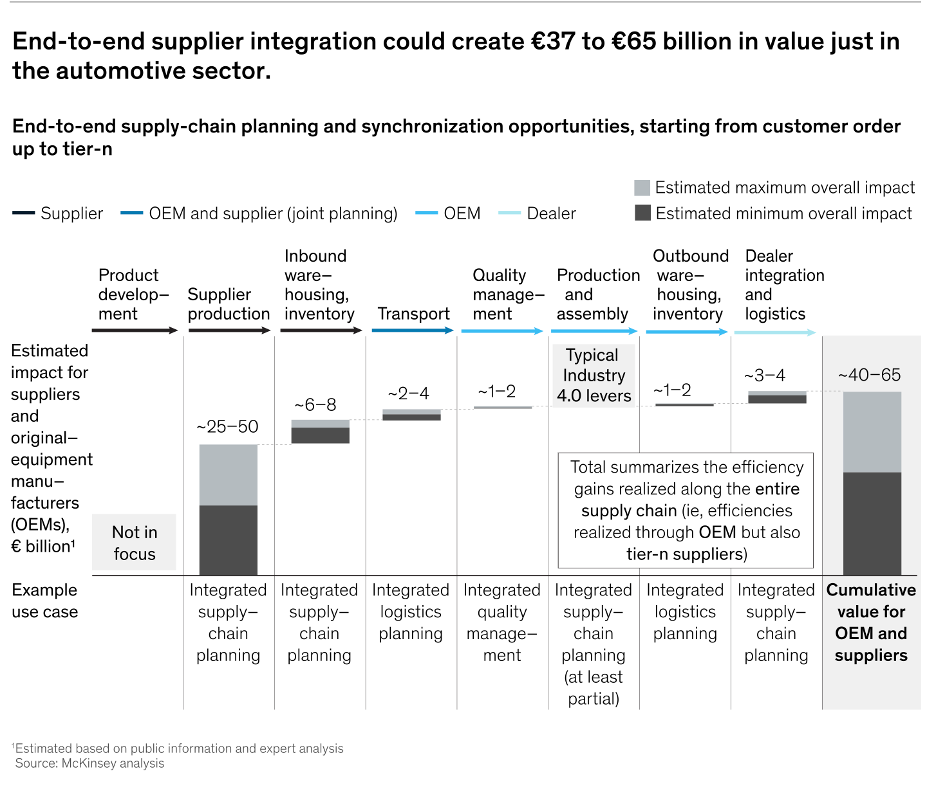
The Market Traction
Iso has deep traction with consumer package goods (CPG) shippers delivering into big box retailers. customer results are showing:
- 40% Less time reconciling data per operator
- 400% Data improvement compared to previous score-carding methods
- $15M Penalty exposure reduction measured across two customers in 6 months
ISO has processed over $50bln YTD in purchase order value while ISO’s customers have improved overall on-time delivery RDD (requested delivery date) by +22% on average since onboarding, improving service levels and demonstrating a commitment to service.
“Now that we have that one place to go, we don’t have to run around discussing whose data is right and whose is wrong; we’re operating on the same dataset. Instead, we can discuss what areas we can improve and identify where we’re already doing well.”
Cory O’Malley, Business Intelligence Manager, ELITE Transit Solutions
As the first third-party agnostic arbiter of supply chain performance data, ISO recently launched an ‘Excellence in Service Award’ celebrating excellence in carrier performance. ISO’s 2021 Excellence in Service Award winners were selected by analyzing a combination of data sets: aggregated and anonymized core KPI metrics for shipments measured by ISO, as well as engagement rates with their platform.
The Impact Opportunity
ISO primarily addresses UN Sustainable Development Goals (SDGs) 9 and 12 by improving supply chain resiliency through predictivity and enabling a pathway to better resource consumption through future elimination of delays and idling. UN SDGs that ISO address include:
- Industry, Innovation, and Infrastructure – build resilient infrastructure, promote inclusive and sustainable industrialization and foster innovation
- Responsible Consumption and Production – ensure sustainable consumption and production patterns
The ISO solution addresses a key supply chain industry pain point with the potential to have significant ESG impact as part of their future product development plans. The team is planning to add a feature to help mitigate idling and delays; as trucks tend to idle with their engines on, any reduction in these activities would provide a direct emissions reduction. A significant number of truck stops and waiting areas are in economically disadvantaged areas of the urban fabric so reducing emissions in these areas provides a further social equity benefit. ISO is developing a green scorecard so shippers can assess the capital intensity of carriers, and at scale, the platform will be a key source of data for the implementation of electric trucking and the overall greening of the supply chain.
In addition to price and service, sustainability is a critical dimension of supply chain operations. Most sustainability scores underweight the true impact by omitting detentions, dwell times, early pickups, and other “nuts and bolts” of freight. ISO is uniquely positioned to understand sustainability impact across a shippers entire operations. By incorporating sustainability scores into the procurement process, ISO can help shippers reliably hit their emission targets with greater accuracy than ever before
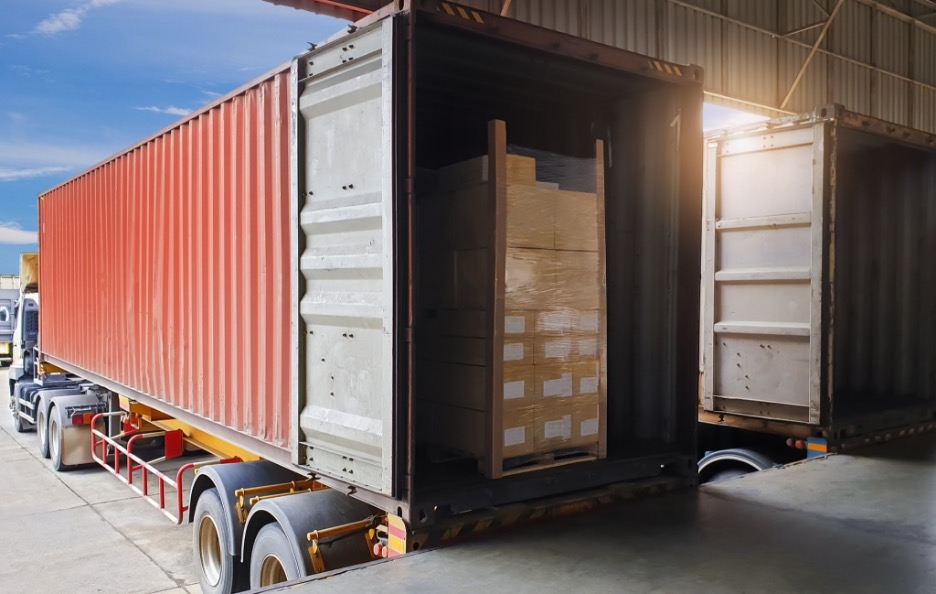
(Image courtesy of Blackhorn Ventures)
The Team
The ISO team has an exceptional background: the company founders worked together as the founding team at Uber Freight, and not only have first-hand experience with the complex challenges in supply chain logistics, but also lead enterprise relationships, giving them the knowhow and network to be effective with ISO. Based on their collective capability, experience, and industry understanding, we think the ISO team stands out in the supply chain space:
CEO Brian Cristol is building his third Transportation & Logistics startup, and was previously co-founder of the Uber Freight team, where he worked as the Head of Enterprise Partnerships. Brian is passionate about solving the toughest supply chain problems for the world’s largest companies. With a background in corporate finance and technology startups, Brian is well-experienced building GTM strategy and scaling world-class sales teams (including at Uber, Turvo, and JP Morgan).
COO John Stauffer is a supply chain industry expert, and is building his sixth Transportation & Logistics startup.John has deep expertise in operations, product management, business development and customer success. John is a legendary builder; he was a founding member of both the Uber Freight product team and the Echo Logistics carrier sales team.
Led by a team with deep technical and supply chain expertise, the company has built the first collaborative SaaS platform to digitize the carrier scorecarding process. When shippers and carriers operate on a single source of truth, conversations between parties become more productive, and the supply chain gets stronger.
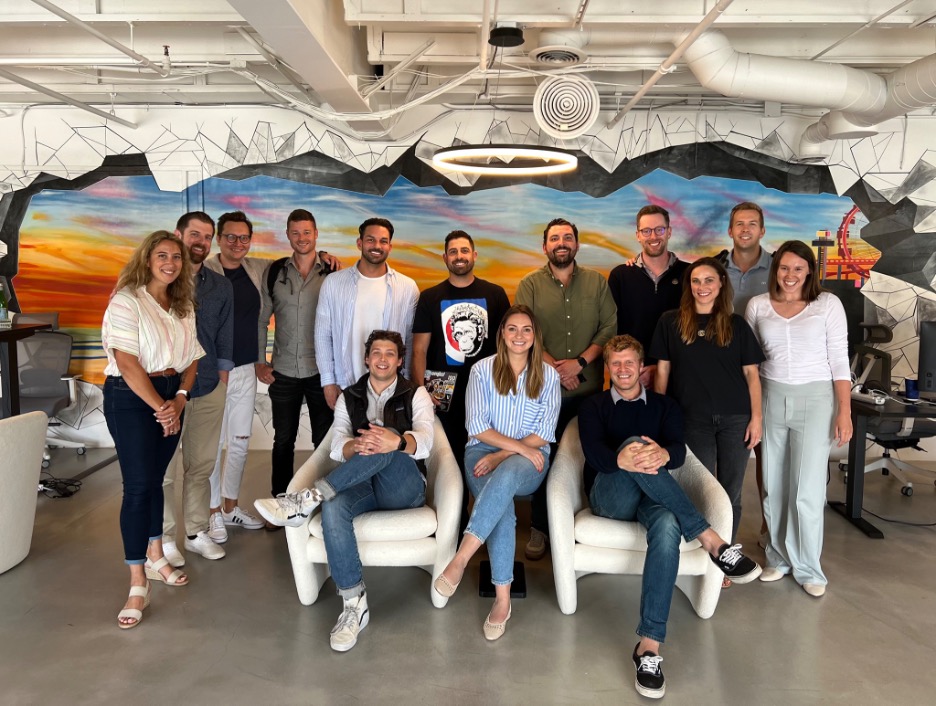
(image courtesy of Isometric Technologies)